Air France Flight AF291, traveling from Osaka to Paris, shocked travelers worldwide with an unexpected detour. A sudden medical emergency forced the long-haul aircraft to divert toward Dublin, interrupting what was supposed to be a routine transcontinental journey. This incident has reignited concerns about in-flight medical readiness and the logistical response of major airlines under pressure.
The plane departed from Kansai International Airport, aiming for Charles de Gaulle in Paris. But high above Scotland, urgency struck. The crew quickly rerouted the aircraft to Dublin to address a critical medical situation. Their rapid action highlights the importance of real-time decisions during flight emergencies.
Such events remind the aviation sector that speed matters. Every second counts when lives hang in the balance. Dublin, now a temporary stage for this high-stakes moment, managed the unexpected stop efficiently. The airport’s swift preparedness demonstrated the crucial role of well-equipped airports within diversion zones.
Passengers onboard remained in place during the short Dublin layover. While they waited, emergency teams prepared to provide care as soon as the aircraft landed. Although this delay disrupted schedules, it underscored how Air France values human life over timetables.
This emergency also disrupted broader flight operations across Europe. From missed connections to rescheduled landings, ripple effects spread fast. With air traffic increasing each year, carriers like Air France must remain ready for unplanned turns at any moment.
Flight AF291’s drama reminds us that flying involves more than reaching destinations. It’s also about safety, teamwork, and urgent decision-making. For the global travel community, today’s detour became a sharp reminder of the human stories that unfold silently in the skies.
Related stories:
Catch up on the top stories and travel deals by subscribing to our newsletter!

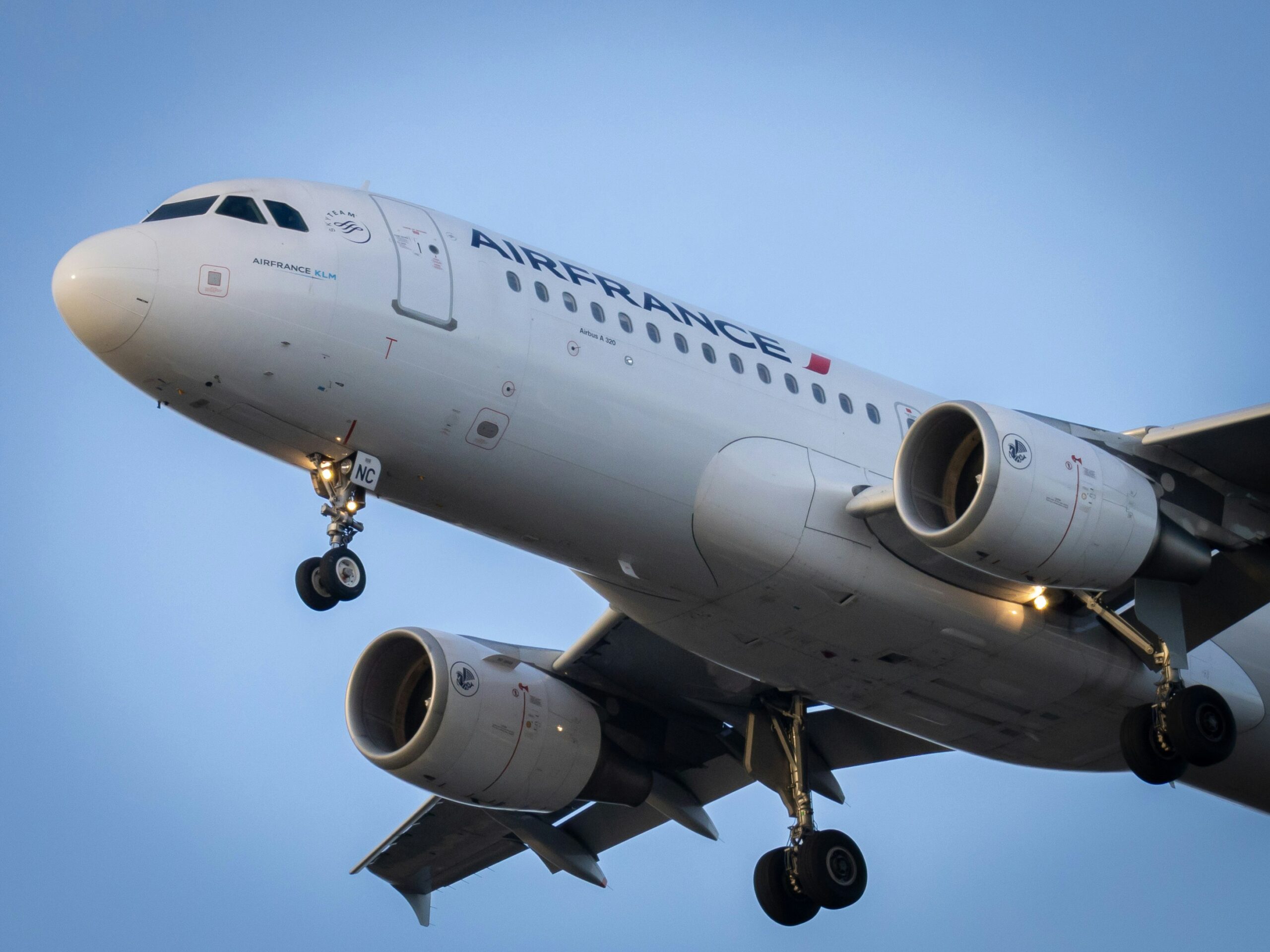

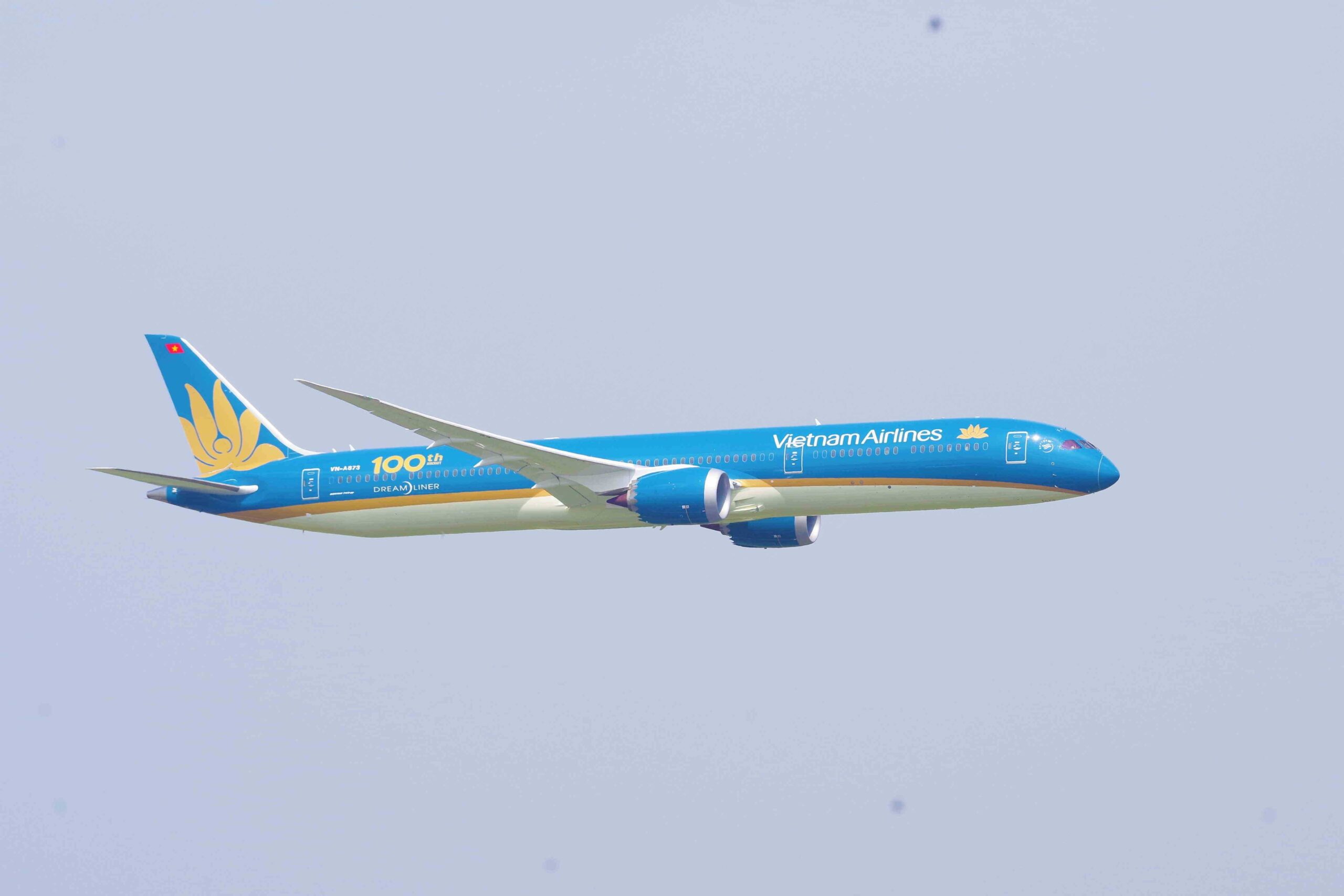
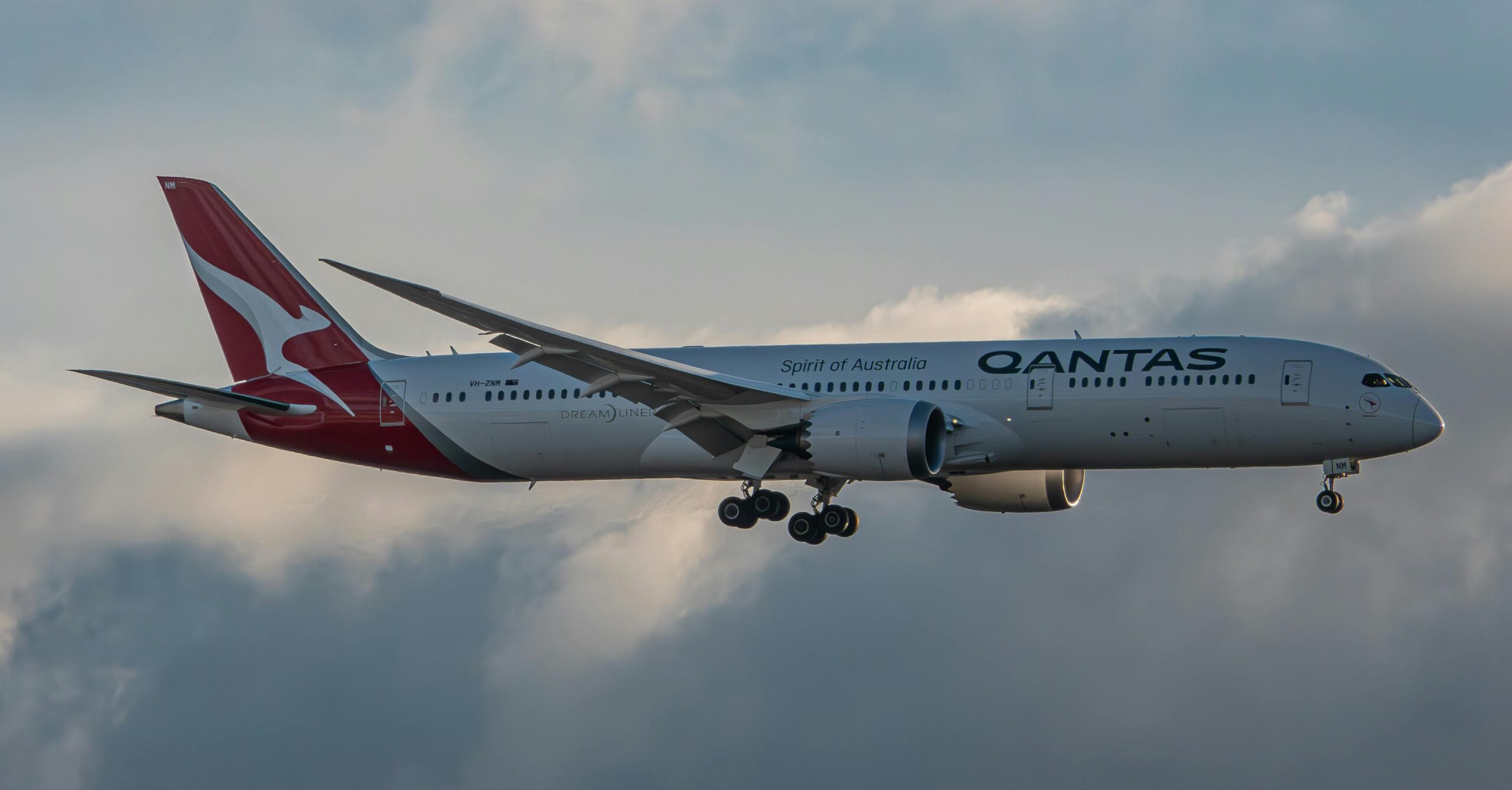
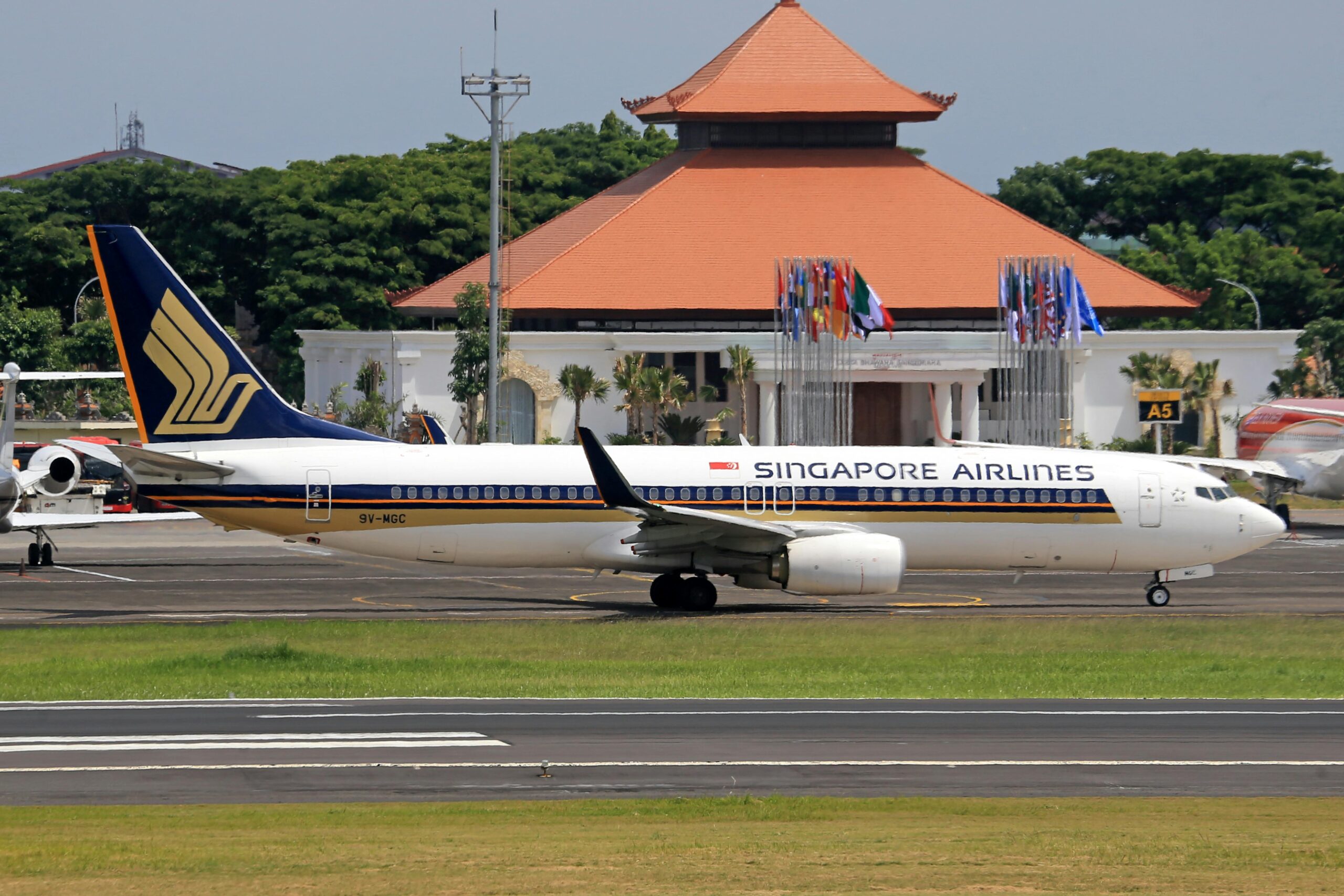
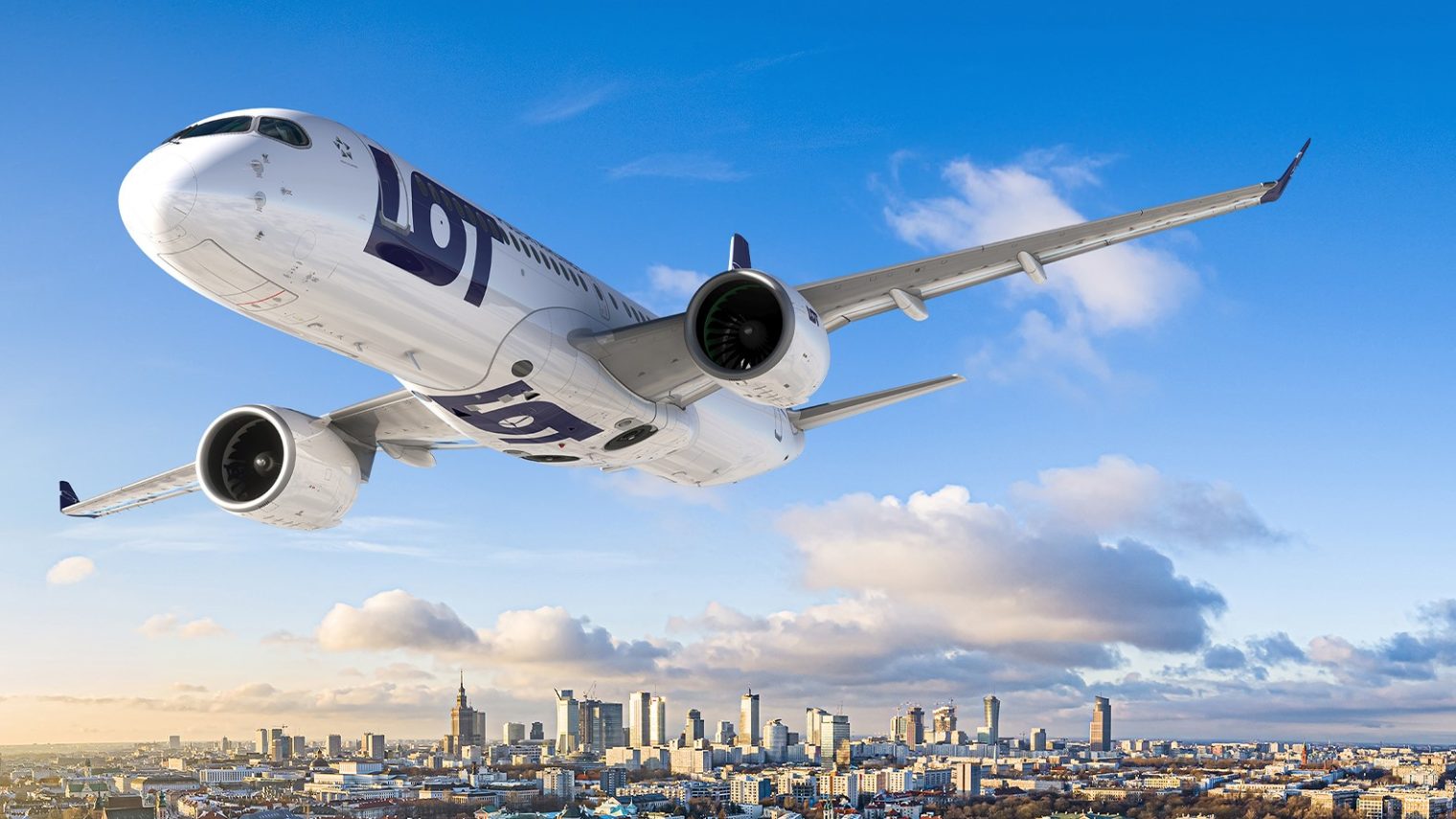
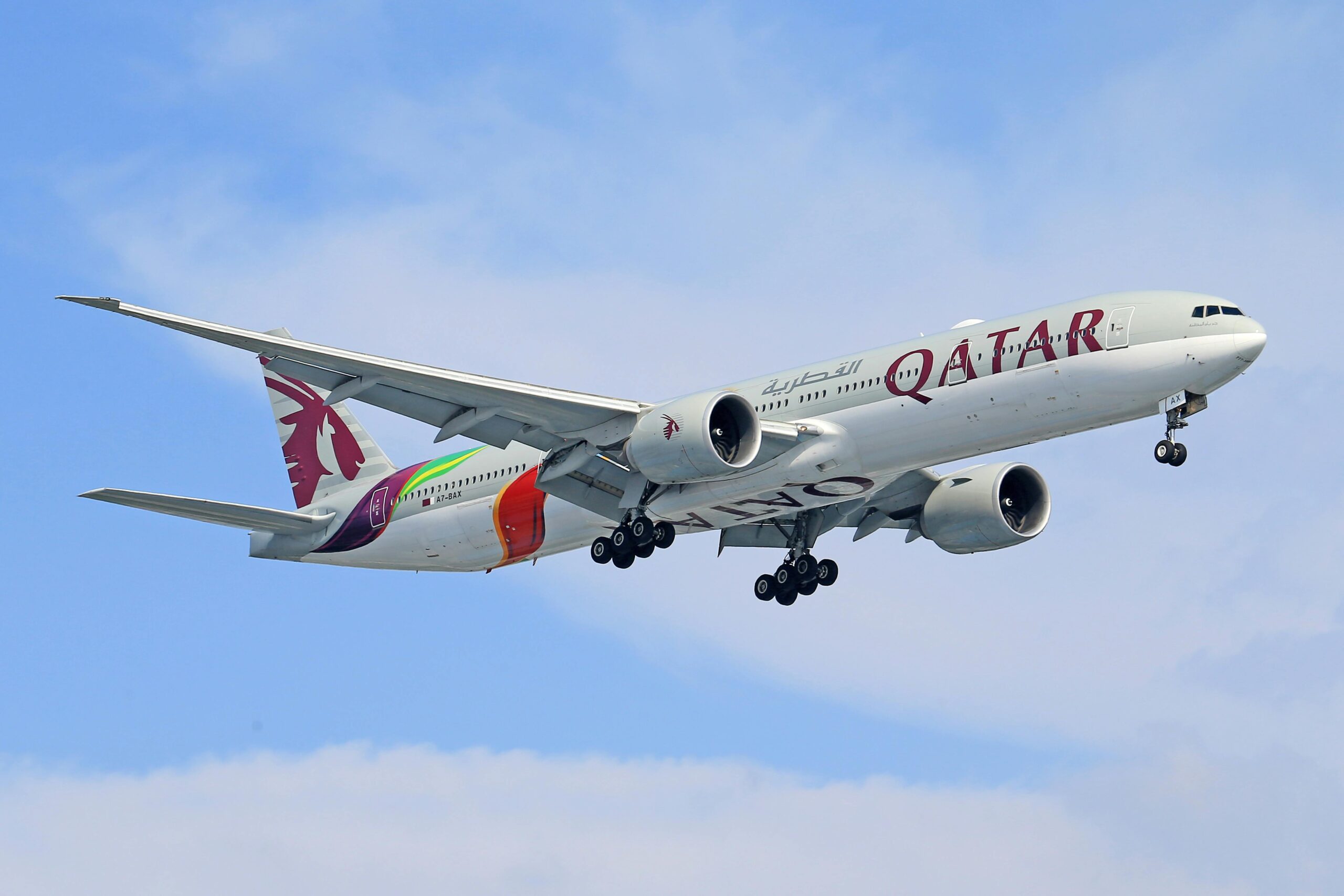




Leave a Reply